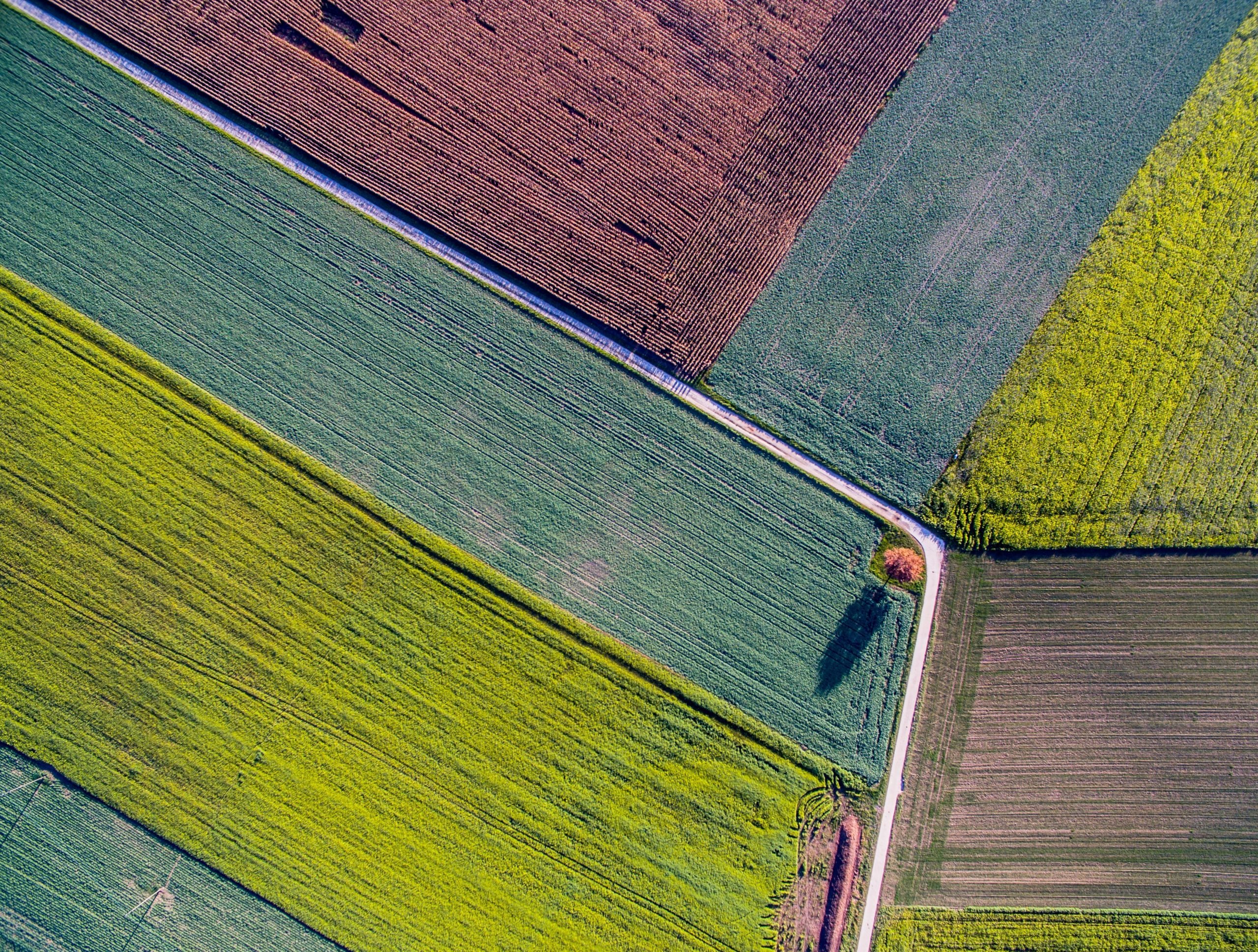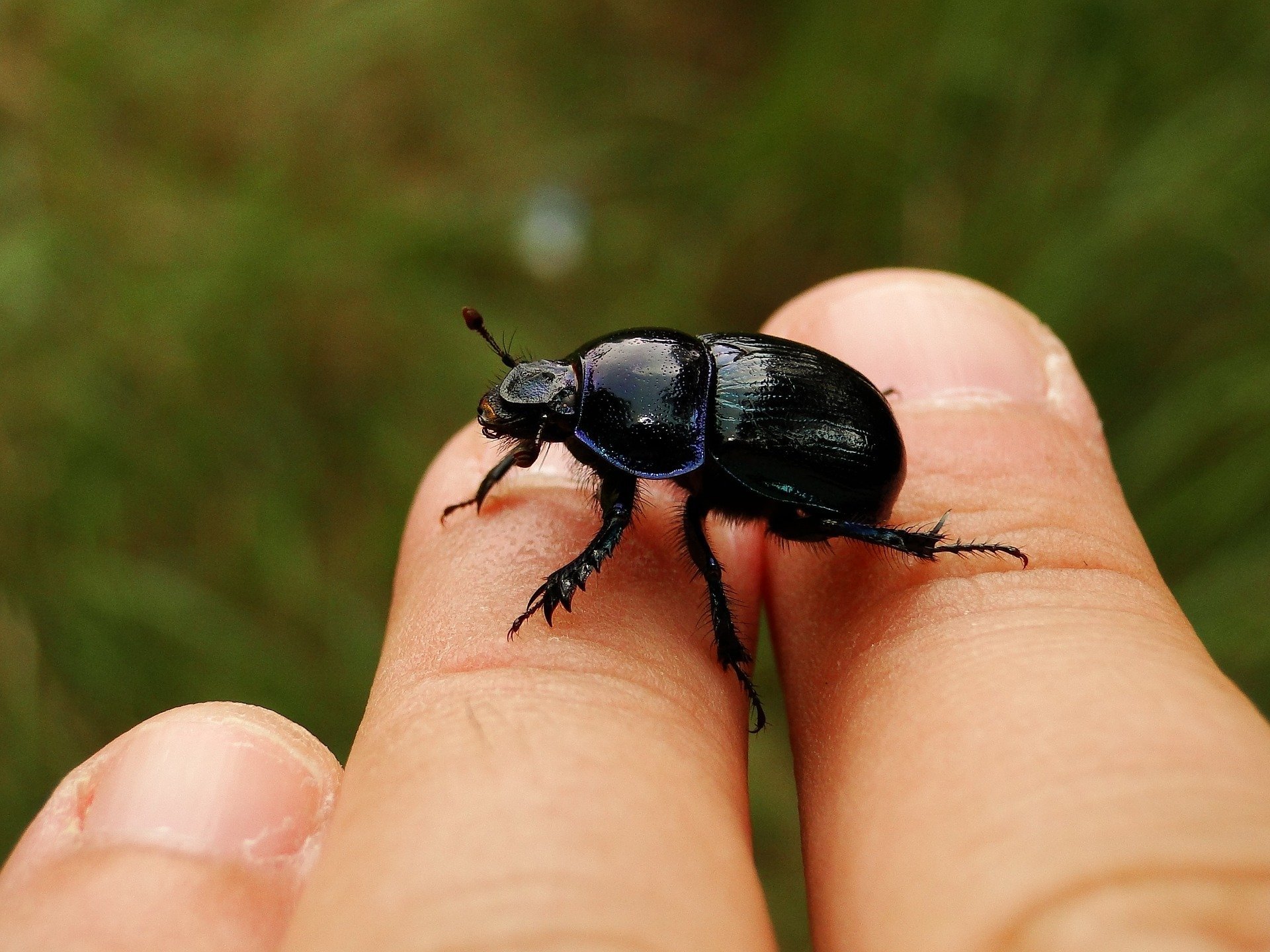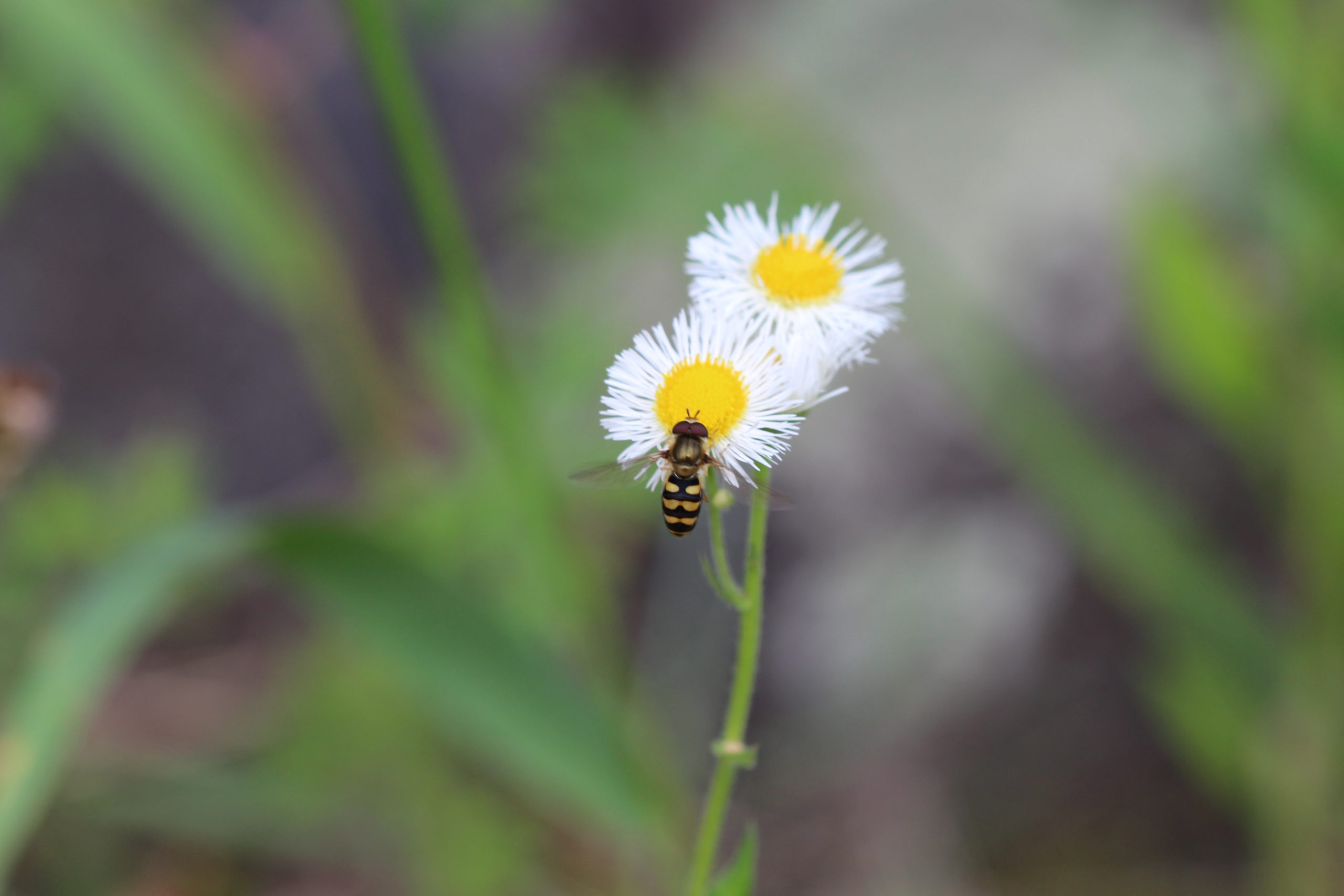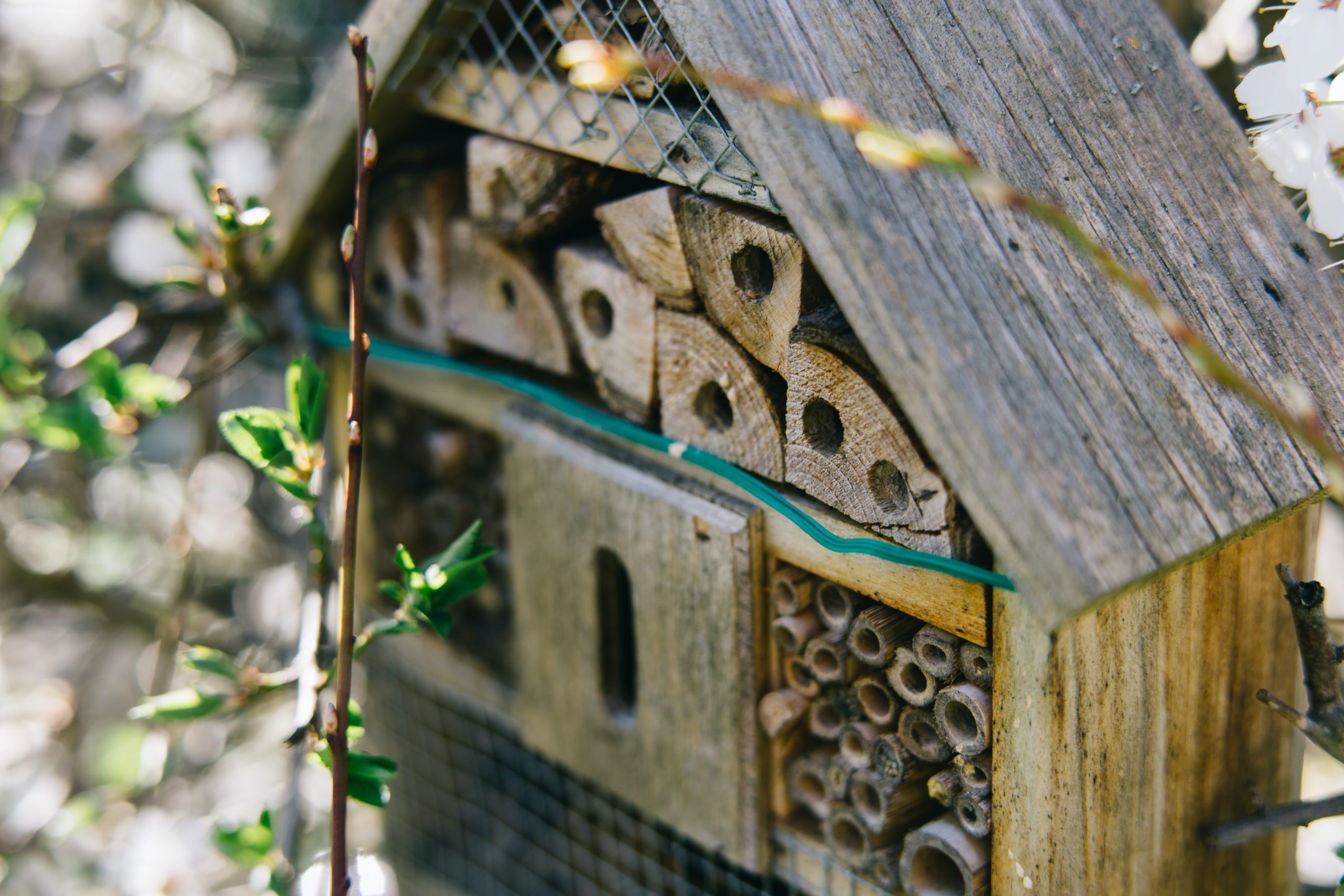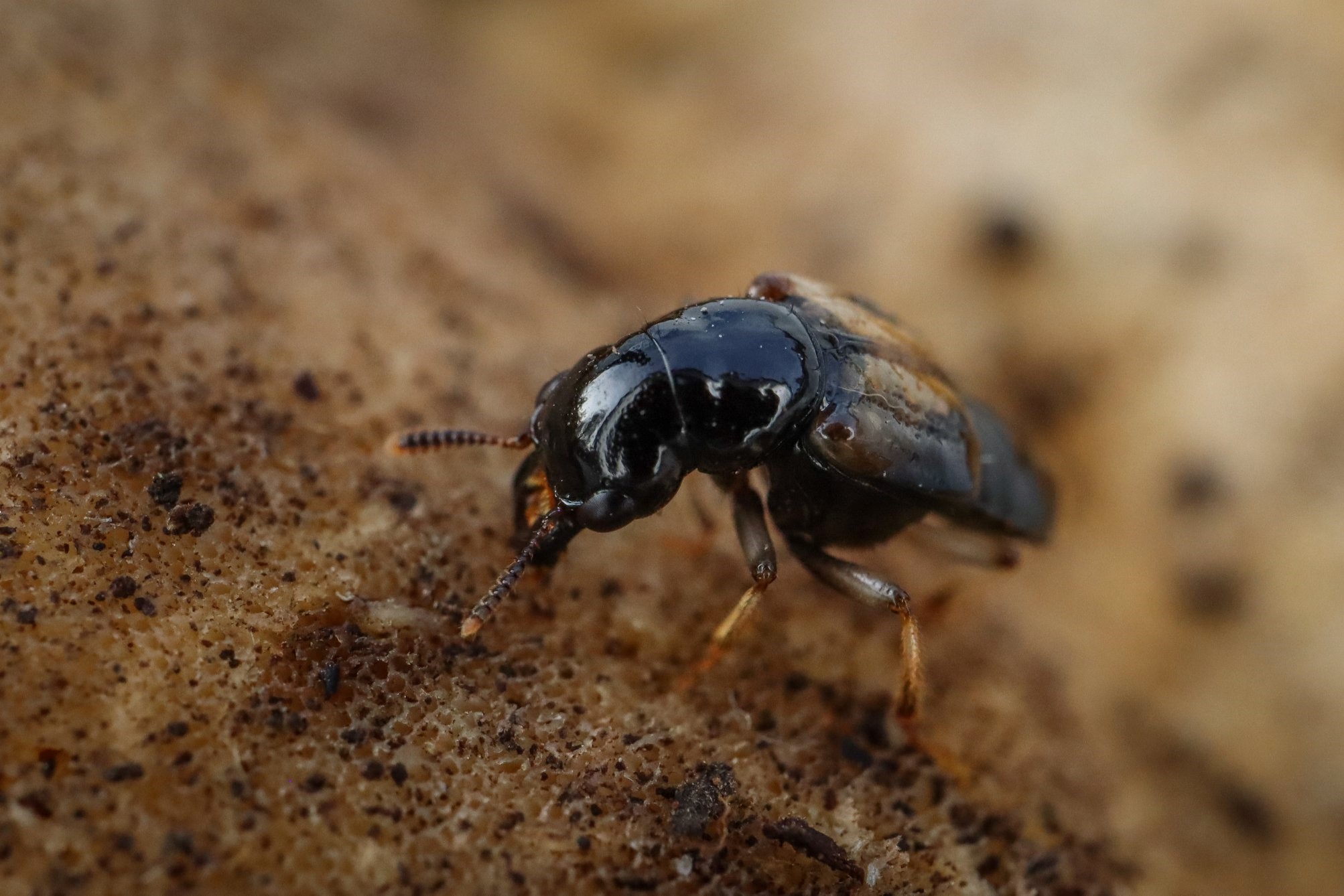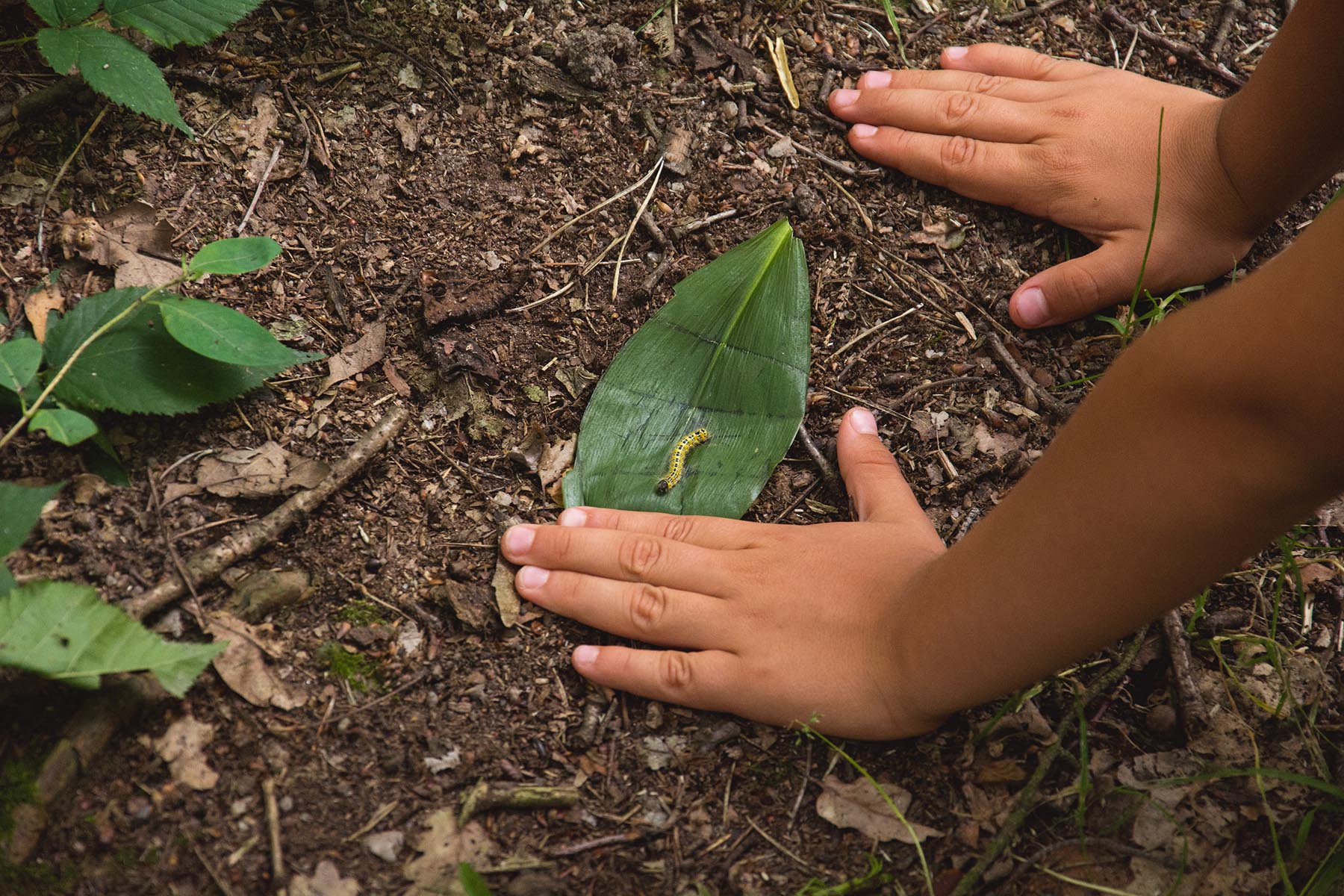Farmers urgently need to diversify, but they cannot do it alone
Boosting biodiversity on farms is crucial to make them more resilient to climate change and protect future food security, but it will not happen without change across the food supply chain from seed producer to consumer, agronomists say. Many solutions exist for ways to increase the diversity of plants grown on farms – from planting … Read more

